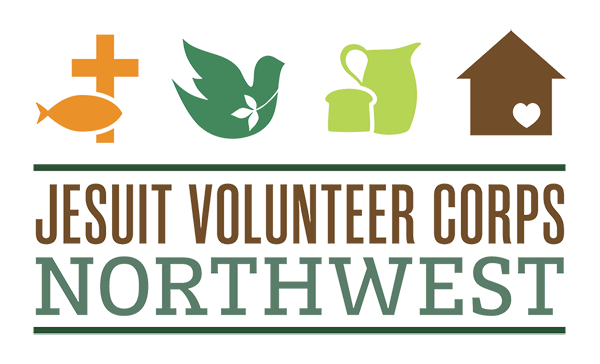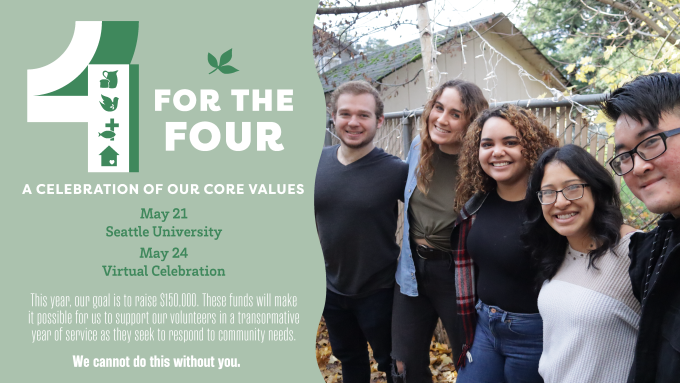This past summer the Western United States was struck with one of the worst fire seasons in recorded history, including regions of the Inland Northwest where our JVs serve. Second year JV Spencer Uemura (Hays, MT ’14-15, Omak, WA ’15-16) reflects on how this experience impacted his JV community and the broader locale.
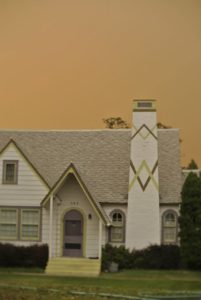
North Central Washington is unassuming in its beauty. Much of it lacks the stereotypical evergreen for which the wetter parts of the state are known, but the vast stretches of sage and dry brush instill a certain comfort and awe that I had come to know and appreciate last year in Hays, Montana. My new locale, Omak, Washington, is nestled between some higher mountains, right next to the Okanogan river, and after a few days of exploring in early August it started to feel a little bit more like home.
Shortly after our arrival in Omak, a number of fires ignited in the area around the middle of August and grew rapidly, aided by drought and high winds. The Omak JVs were supported immensely during the fires, a small taste of the regional and global support being poured on our small corner of the Northwest. In town, our local support people checked on us regularly and even invited us in to stay at their home. And when the flames got a little too close for comfort in Omak, and people began evacuating the area, they took some of our community further south to another JV house in nearby Wenatchee, Washington.
With some trepidation, I chose to stay in town to help out at the Shove House, my
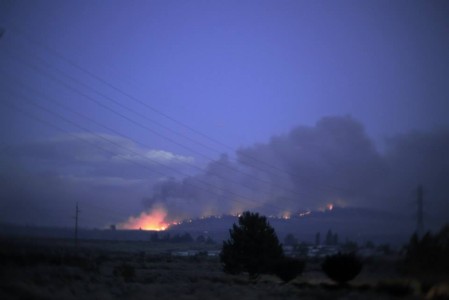
service placement this year, and live there for a few days during the fires. It was simply what I felt called to do given the circumstances, and I think many other JVs would have chosen the same. Being a brand new member of the community, with no family and very little property for which I was concerned, I was able to freely serve the community of Omak around me. The staff of Okanogan Behavioral Healthcare (which runs Shove House) and residents of the Shove House made sure everyone was cared for during this time. I still think of that week of wildfire tension as the most efficient orientation I’ve ever received for any placement.
After my housemates and I had moved back into our community home, we reflected on how curious it was to be moving back into our new house for the second time in the span of a month. We were immensely fortunate to have not lost
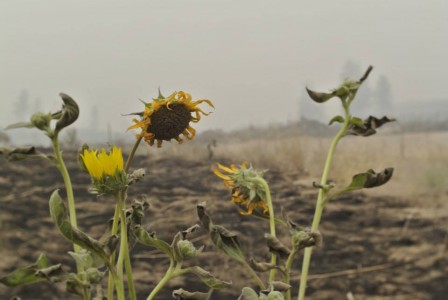
anything in the fires, and the disaster at the outset of our year has helped color our daily service with a renewed sense of motivation and intention. We stepped into our years of service with hopes of learning more about the issues affecting our respective communities and populations, and the wildfires this season gave us the opportunity to reach a different depth and richness of relationship with so many people around us, each of them infinitely worthy and wonderfully made.
